
Key Takeaways
- Mini bikes are not street legal in most places due to their inability to meet equipment safety standards.
- You can make a mini bike street legal by adding headlights, taillights, turn signals, and more.
- You don’t need a license to operate a mini bike in most states unless you plan to ride it on roads and highways.
Ever wondered if you can use a mini bike on the road? As an avid rider myself, I’ve dealt with this tricky question in a few states across the country before.
Generally, you cannot use a mini bike on the road because they are not street-legal without proper safety equipment modifications. Every state has different requirements, but it is possible to make a pocket bike street legal by adding lights, mirrors, turn signals, and a license plate.
Whether you're a seasoned rider or just getting started, our comprehensive guide will help you navigate the legal landscape and ensure that you stay safe and compliant while enjoying the thrill of riding a mini bike on the road. Keep reading to learn the ins and outs of mini bikes and how to make them legal for street riding.
Can You Use A Mini Bike On The Road? (Complete Guide)
No, you generally can't use a pocket bike on the road. But it is possible to meet the state guidelines to make a pocket bike street legal for road and highway use.
Firstly, pocket bikes often do not meet the safety standards required for road use, such as lights, mirrors, license plates, and turn signals. Because of their small size, they may not be visible enough. This increases the risk of accidents.
Secondly, these bikes may not be registered for road use. Without proper registration, you could face penalties or fines if you ride a mini bike on the streets.
Lastly, local laws and regulations usually restrict mini bikes from being used on public roads to ensure safety for everyone. For example, mini bikes are illegal to ride on most California roads.
Check out the rules for off-road recreational vehicles in your area to ensure compliance. There are some states that will allow all street-legal pocket bikes on the roads. Remember, always prioritize safety and follow local laws when it comes to riding vehicles on public roads.
Using Pocket Bikes On The Road: State By State Comparison
Pocket bikes are often compared to other off-road vehicles like dirt bikes. But they are unique and not like many other recreational vehicles because of the design. This makes them illegal and not suitable for road use.
However, some states are more forgiving than others. In almost every state, there is a way to modify a pocket bike to make it street legal. This would permit the bike for use on a traditional road or highway.
We will compare the laws in each state and explain what needs to be done to drive a mini bike on the road legally.
Can You Make A Mini Bike Street Legal?
Yes, you can make a mini bike street legal by modifying it with the required safety equipment and following the necessary procedures. Here are a few steps I would take to make my mini motorcycle street legal.
Lights and Reflectors
Install headlights, tail lights, and turn signals on my mini bike to ensure it's always visible to other drivers and pedestrians.
Rearview Mirrors
Depending on my state's regulations, I may need to install rear view mirrors on one or both sides of my mini bike. Mirrors with a liberal reflecting area are recommended.
Tires and Brakes
Check the tires and brakes on my mini bike to ensure they meet the safety standards for street-legal vehicles. Check with local law enforcement about what they require to ensure your vehicle is equipped properly.
Emissions Standards
Ensure that my mini bike meets the emissions standards set by my state or country. This is a California requirement on all motorcycles greater than 50cc. The same applies to pocket bikes too.
Registration, Insurance, and Inspection
Register my mini bike with the local Department of Motor Vehicles (DMV), obtain the necessary insurance coverage, and have it inspected to verify its roadworthiness.
After all the modifications and procedures are complete, the mini motorcycles have the appropriate safety equipment and necessary paperwork to ride on public roads legally.
Where Can You Use A Mini Bike?
In most states, a non-legal pocket bike cannot be driven on any public road. But no matter what, you can get away with using these bikes in two places: on private property and off-road trails.
Private Property
One of the best places to ride your mini bike is on private property. As long as you have permission from the landowner, you can legally ride your mini bike there.
This might include large yards, fields, or even designated tracks on private land. Just make sure to be respectful of the owner's wishes and mindful of any potential hazards or restrictions they might have.
Off-Road Trails
Another option for using your mini bike is off-road trails. These trails are typically more rugged and challenging than private property, providing a thrilling ride for those who enjoy testing their mini bike's capabilities.
Keep in mind that not all trails may be open to mini bikes, and you must follow any posted rules or guidelines. Additionally, always practice safe riding techniques and wear appropriate protective gear when venturing out on off-road trails.
Do You Need A License To Use A Mini Bike?
Mini bikes are considered off-road vehicles and therefore do not require a license to operate if they are used solely for off-road purposes. This rule changes if you plan to use them on public streets.
However, if a mini bike is street legal and meets certain requirements, such as having proper lighting and safety equipment, a valid driver's license and vehicle registration may be required to operate it on public roads.
It's important to note that laws and regulations regarding mini bikes vary by state and jurisdiction, so it's always best to check with your local authorities to ensure compliance.












































































































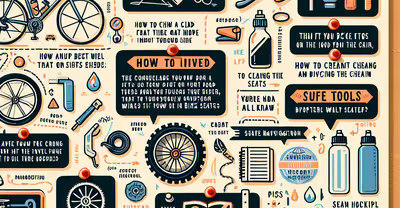


























































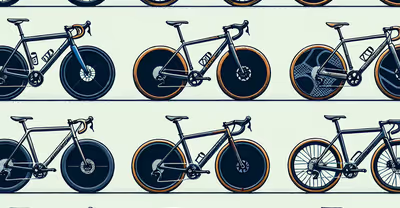

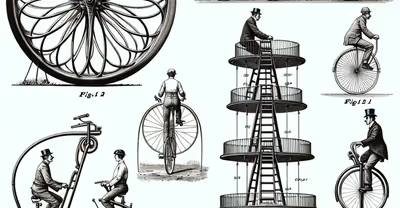





































































































































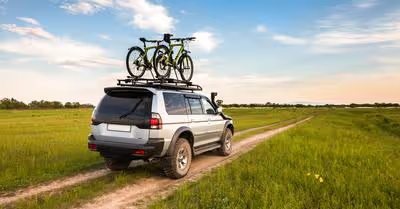




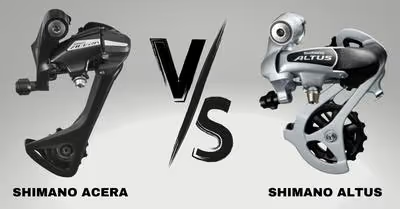









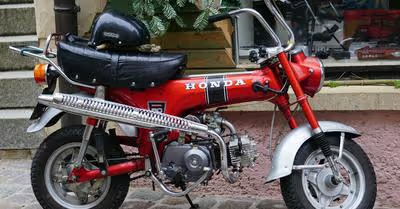






































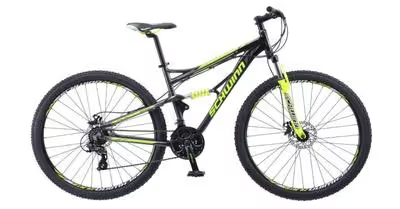




























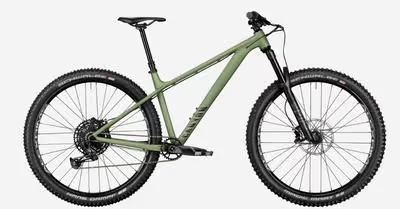











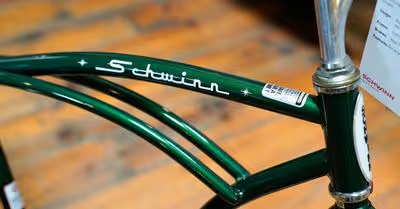












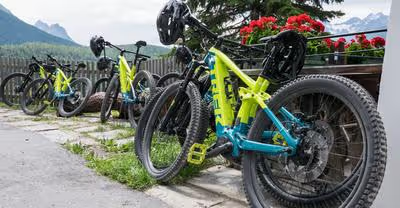

































































































































































































































































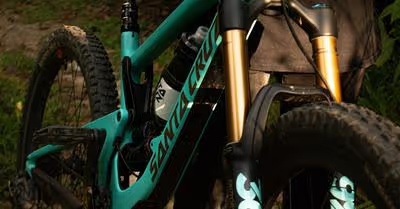
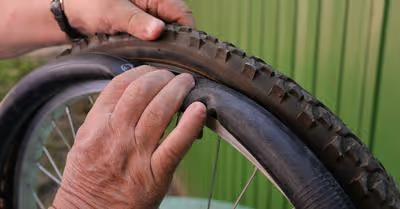

















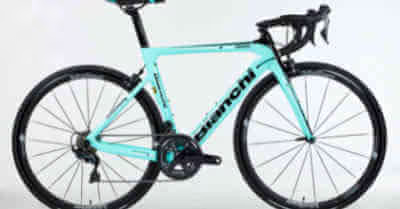



































.avif)
